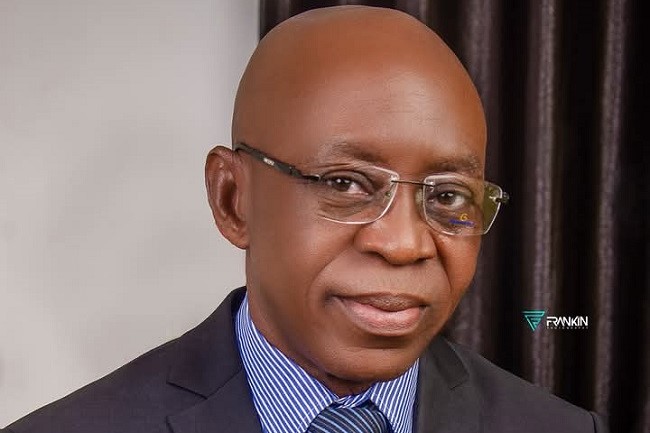Africa’s carbon markets, both for voluntary and compliance carbon credits, are expected to see rapid expansion in 2025 and succeeding years underpinned by the continent’s extensive natural resources and ecosystem. Equally important for African carbon markets is the demand for social integrity in carbon projects.

As the carbon market expands, there is increasing scrutiny of the social and ecological impacts of offset projects. Africa is in a unique position to lead the way in ensuring that carbon market growth aligns with the principles of climate justice.
Africa is poised to become a global leader in Carbon Markets with projected annual growth of 15% – 20% and 30 million jobs by 2030, with revenue expected to surge to $120 billion by 2050.
These are amongst the key findings of a new report, 2025 African Carbon Market Outlook, published on Monday, May 5, 2025, by the Africa Carbon Market Network. The formal launch of the Report will take place on Wednesday, May 14.
“African countries are taking ambitious steps to establish robust frameworks for carbon markets. The strengthening of policy frameworks with the introduction of carbon taxation, integrated emissions trading systems, and setting up of national registries are all significant drivers,” said Dr Okeh Austine Sadiq, lead author end Editor of the Carbon Free Africa Network.
The report highlights that countries such as South Africa, Kenya, Zimbabwe, Tanzania and Ghana are leading the way in aligning their policies with global carbon pricing mechanisms. The private sector’s interest in Africa’s carbon markets is an undeniable trend for 2025.
International companies, climate finance institutions, and development banks are heavily investing in Africa’s carbon offset projects. Key sectors such as renewable energy projects, sustainable agriculture and forest conservation are poised to attract substantial investments.
“We mustn’t underestimate the challenges,” said Dr Okeh Austine Sadiq. “There is a pressing need for greater liquidity as smaller carbon projects often struggle to gain traction due to financing constraints. Many African nations also face technical barriers such as lack of infrastructure and expertise in carbon project development. The challenge is to ensure the democratisation of Africa’s carbon markets as regional integration deepens.
“We must provide the enabling conditions where smaller scale projects, especially those led by local communities, and small-holder farmers can have greater access to funding and resources. With the right investments, governance frameworks, and technological innovations, Africa is well positioned to become a global leader in carbon off-setting driving both climate mitigation and sustainable development.”
